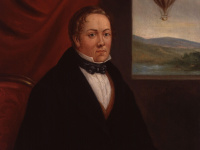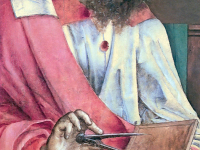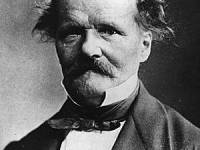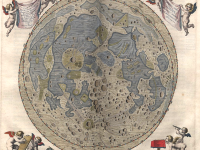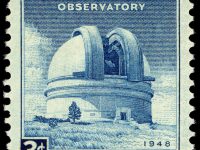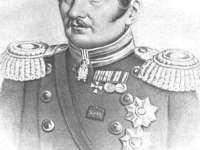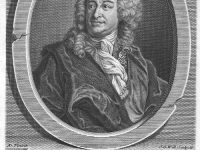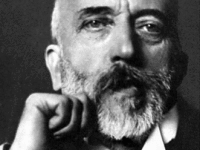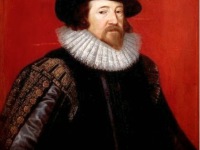Charles Green and his Record Balloon Flight
On January 31, 1785, Charles Green was born, who was United Kingdom’s most famous balloonist of the 19th century. He experimented with coal gas as a cheaper and more readily available alternative to hydrogen for lifting power. In 1836, Green set a major long distance record in the balloon “Royal Vauxhall”, flying overnight from Vauxhall Gardens in London to Weilburg, Duchy of Nassau (Germany) a distance of 770 km. This record was not broken until…
Read more

